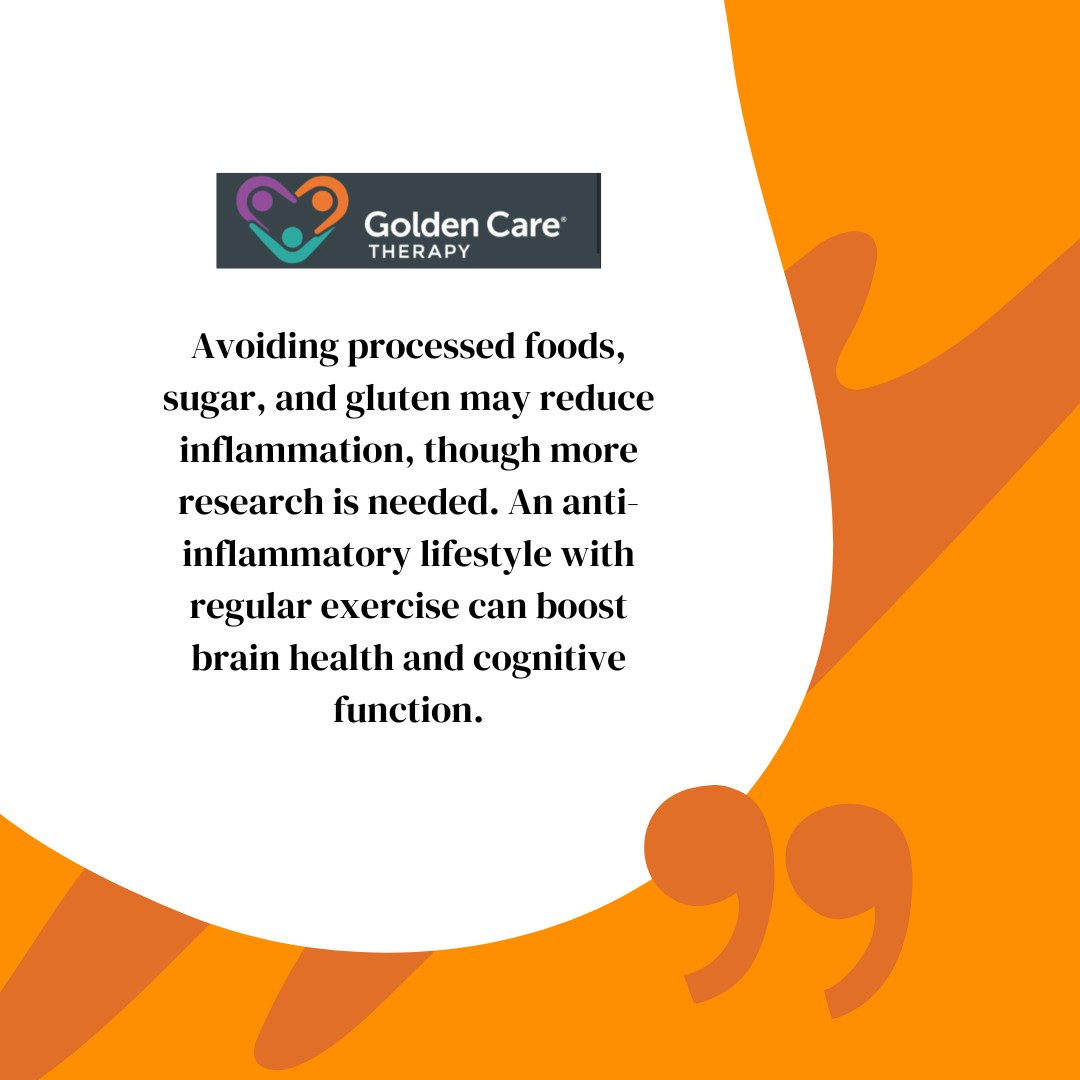Neuroinflammation is increasingly recognized as a significant factor in autism spectrum disorder. It refers to inflammation in the brain, where the immune system activates in response to injury or disease, and research suggests it may also play a role in conditions like fragile X syndrome.
In autism, neuroinflammation can contribute to the symptoms and challenges that individuals face, including sensory sensitivities, cognitive impairments, and behavioral issues.
Needless to say, understanding the connection between neuroinflammation and autism is crucial in developing effective treatments.
The Link Between Neuroinflammation and Autism
Neuroinflammation occurs when the immune system in the brain becomes activated due to various factors such as infection, injury, or autoimmune responses. In individuals with autism, research suggests that neuroinflammation may play a role in the development and severity of the condition.
Microglial cells, which act as the brain’s immune cells, are often found to be overactive in autism. This chronic activation can lead to persistent inflammation, affecting brain function and behavior.
Several studies have indicated that neuroinflammation could be linked to the early development of autism.
For instance, elevated levels of pro-inflammatory cytokines and altered immune responses have been observed in the brains of autistic individuals. These changes may influence brain wiring, particularly in areas related to sensory processing, social behavior, and communication skills.
Neuroinflammation may also interact with other genetic and environmental factors that contribute to the onset and progression of autism.

3 Current Treatment Options for Neuroinflammation in Autism
As we explore the various approaches to managing neuroinflammation in autism, it’s important to understand the range of treatment options currently available. From medications to dietary supplements, each method targets inflammation in different ways.
That said, here are some of the most common and researched treatments used to address neuroinflammation in individuals with autism:
Anti-inflammatory Medications
One of the most common approaches to treating neuroinflammation in autism is the use of anti-inflammatory medications.
Non-steroidal anti-inflammatory drugs (NSAIDs) such as ibuprofen and aspirin can reduce inflammation in the body, including the brain. These medications may help to alleviate symptoms related to sensory sensitivity, irritability, and anxiety that are often associated with autism.
Another class of medications, corticosteroids, may be prescribed in cases of severe inflammation. They work by suppressing the immune response and reducing swelling in the brain.
However, the long-term use of these drugs is generally not recommended due to potential side effects, so they are usually considered only for specific cases.
Nutritional Supplements
Certain dietary interventions and supplements have shown promise in managing neuroinflammation in autism. Omega-3 fatty acids, found in fish oil, are known for their anti-inflammatory properties and ability to support brain health.
Studies have demonstrated that omega-3 supplementation may help reduce inflammatory markers in the brain and improve social behavior and communication skills in children with autism.
Other supplements, such as curcumin, found in turmeric, and antioxidants like vitamin D and glutathione, have also been suggested to reduce neuroinflammation. These natural compounds may help by neutralizing free radicals that contribute to inflammation and oxidative stress in the brain.
Gut-Brain Connection and Probiotics
The gut-brain connection has been an area of increasing interest in autism research. The gut microbiome plays a crucial role in regulating immune responses and inflammation. Disruptions in the gut microbiota can lead to systemic inflammation, which may affect brain function.
Probiotics, which help balance gut bacteria, have been studied for their potential to reduce neuroinflammation.
Some studies have found that administering specific strains of probiotics can lead to improvements in behavior, social interaction, and even cognitive function in individuals with autism. While more research is needed, the use of probiotics as a complementary treatment for neuroinflammation shows promise.
3 Lifestyle and Environmental Strategies to Manage Neuroinflammation
To effectively manage neuroinflammation in individuals with autism, a combination of lifestyle and environmental strategies can make a significant difference. These approaches, ranging from dietary adjustments to creating supportive environments, help reduce stress, inflammation, and cognitive challenges.
Here are some key strategies to consider:
Diet and Lifestyle Modifications
A healthy diet is an essential component of managing neuroinflammation in autism. Anti-inflammatory diets rich in fruits, vegetables, lean proteins, and whole grains can support brain health.

Mindfulness practices, such as yoga and meditation, may also help reduce stress and manage the emotional dysregulation often experienced by individuals with autism.
Environmental Modifications
Creating an environment that minimizes stress and sensory overload is crucial for individuals with autism. High levels of stress can trigger inflammatory responses in the body, including the brain. By designing spaces that are calm, structured, and free from overwhelming stimuli, caregivers and healthcare providers can reduce stress-induced neuroinflammation.
Strategies such as providing sensory breaks, using noise-canceling headphones, and reducing visual clutter can help manage these triggers.
Sleep Hygiene
Adequate sleep is essential for reducing inflammation and supporting brain health. Poor sleep patterns are common among individuals with autism, and insufficient rest can exacerbate neuroinflammation. Establishing a consistent sleep routine and creating a restful sleep environment can contribute to overall well-being and help manage neuroinflammation.
Final Thoughts
Neuroinflammation plays a significant role in the symptoms and challenges faced by individuals with autism. Although more research is needed, current treatment options such as anti-inflammatory medications, nutritional supplements, and lifestyle changes show promise in reducing inflammation and improving quality of life.
Understanding the complex relationship between the brain’s immune system and autism will guide future advancements in treatment.
Through a combination of conventional therapies as well as complementary approaches and a focus on individualized care, we help individuals with autism lead healthier, more fulfilling lives. At Golden Care Therapy, our ABA therapy services in Georgia, New Jersey, Indiana, New York, and Florida are designed to provide compassionate, evidence-based support tailored to each individual’s needs.
Our dedicated team is committed to delivering high-quality care that fosters growth and independence. Contact us today to learn how we can support your family on this journey.
Sources:



